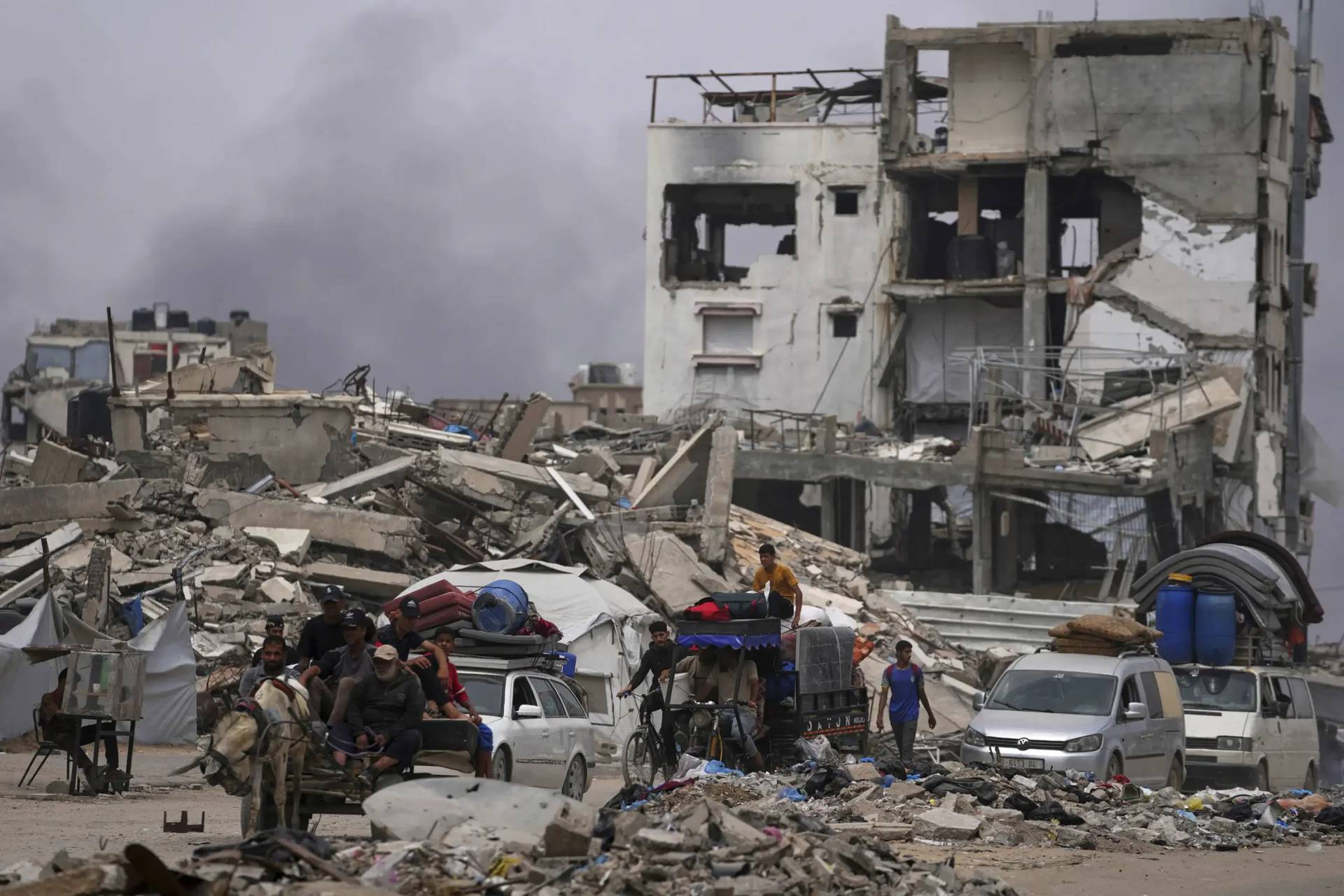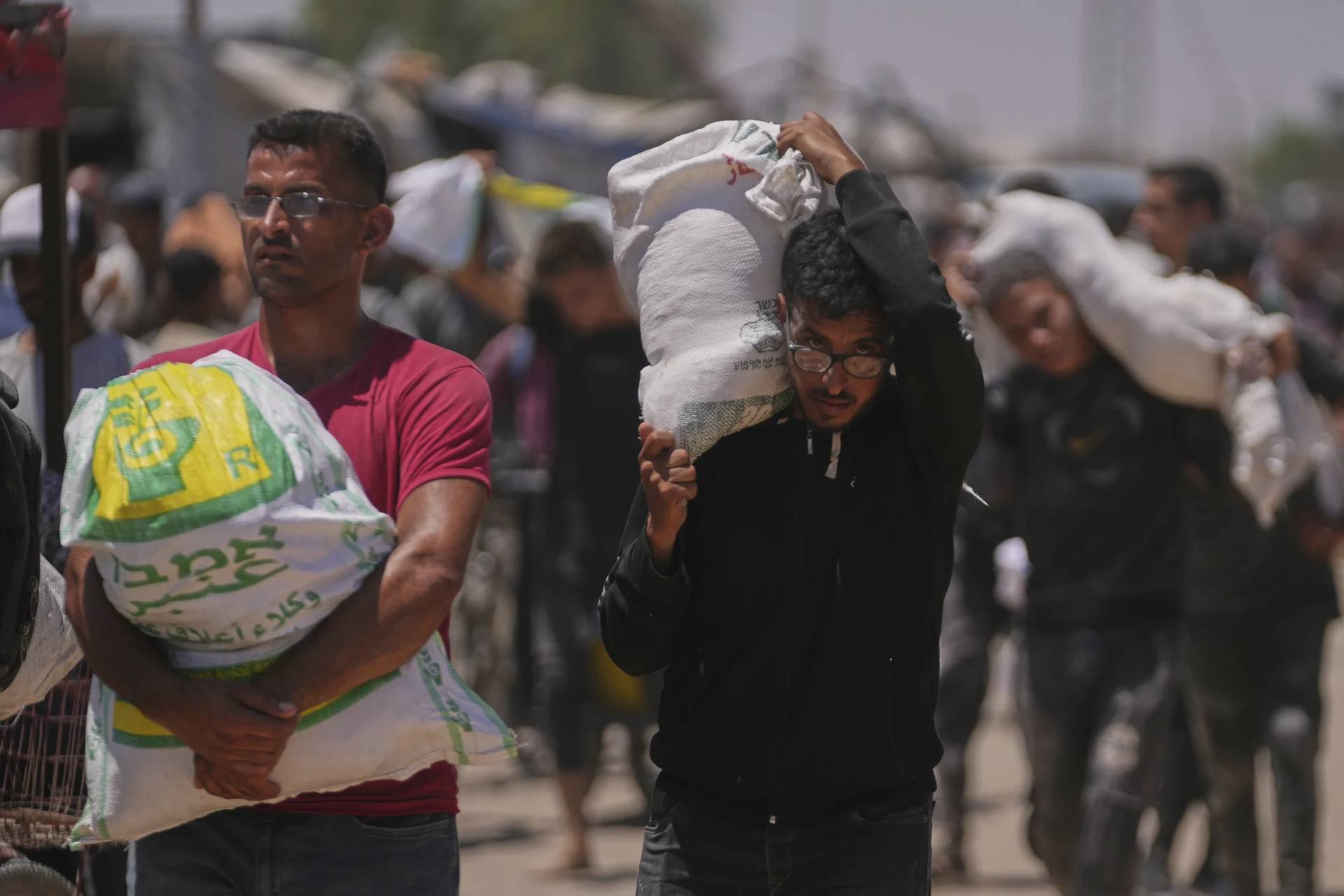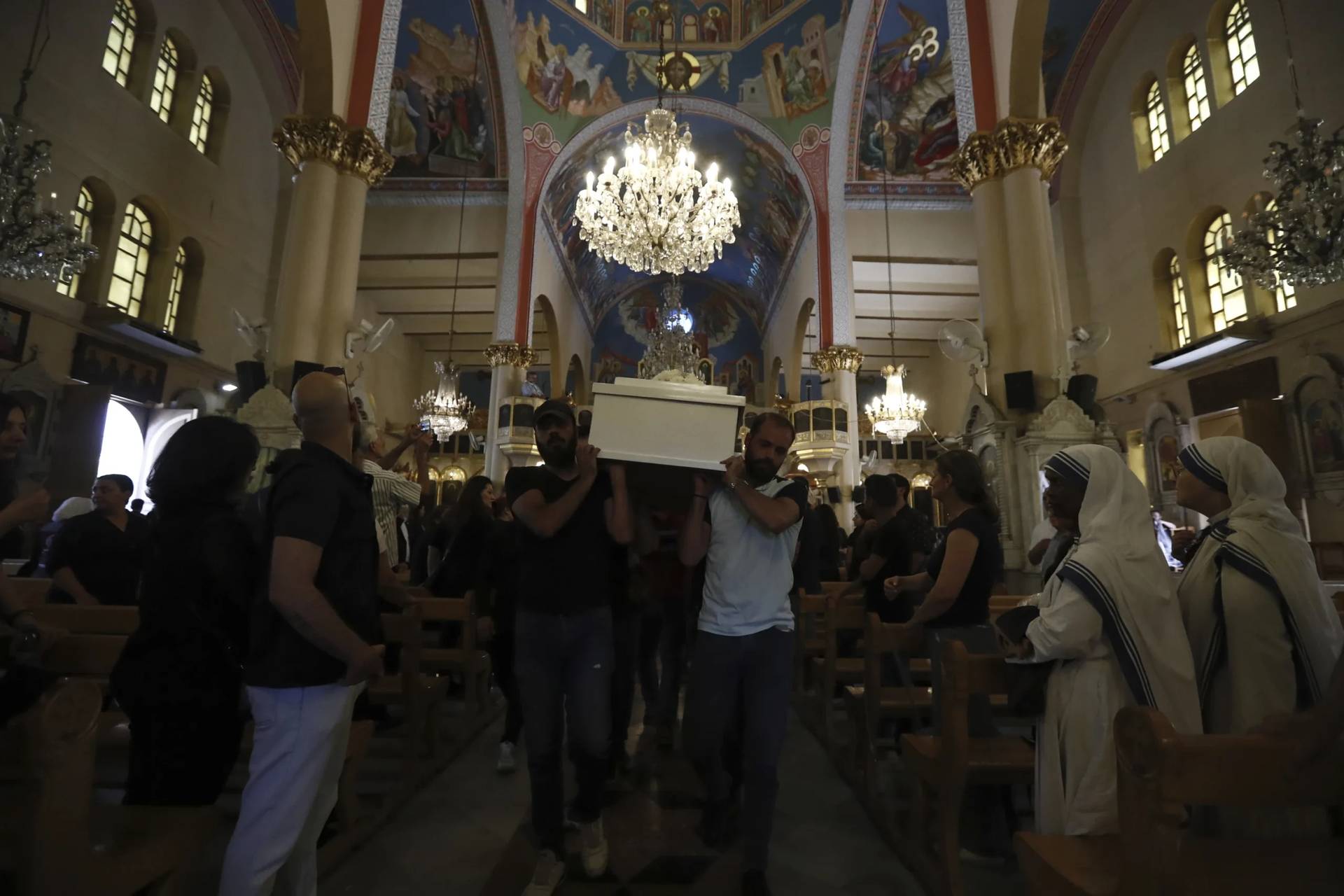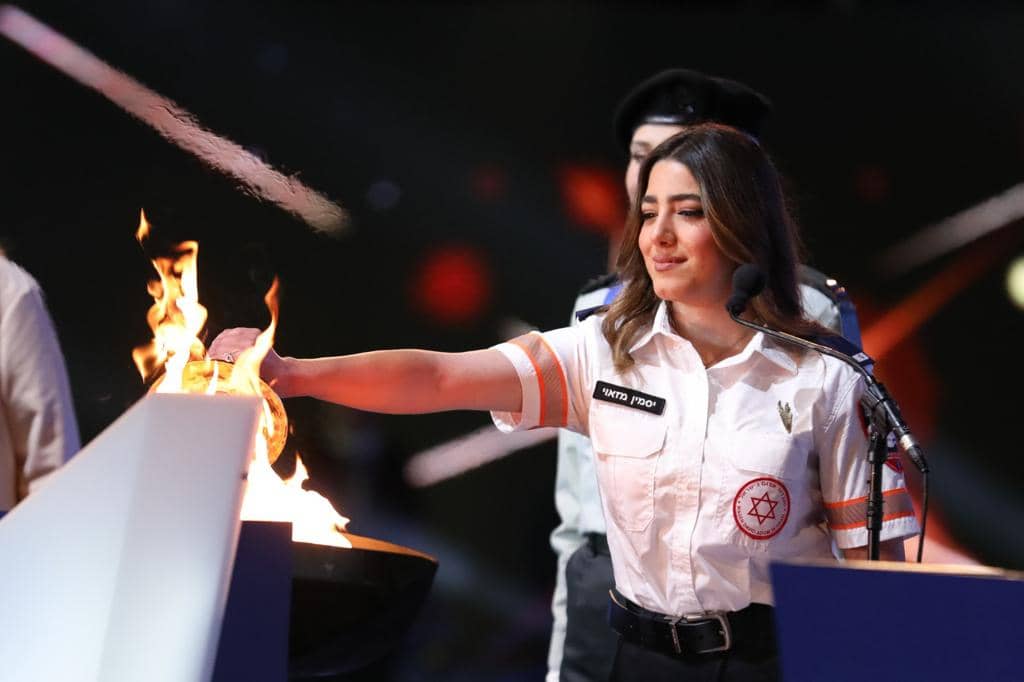ROME — While the current cease-fire between Israel and Hamas brings a much-needed halt to violence in the Holy Land, true peace can only be achieved if both sides are recognized as equals, said the Palestinian ambassador to the Holy See.
Ambassador Issa Kassissieh, speaking to Catholic News Service May 21 from his home in Jerusalem, said the road to peace begins with returning to a two-state solution within the borders established before 1967.
However, the establishment of Israeli settlements in Palestinian territories and the “Israeli occupation” must end, he said.
“We need a road map to reengage, with the support of the international community and through the Quartet (the United Nations, United States, European Union and Russia) for real and substantive talks between both sides, to reach — within a timeframe — the endgame. And the endgame here is carrying out the relevant U.N. Security Council resolutions as well as U.N. General Assembly resolutions with regard to the Palestinian question,” he said.
The issue of Israel establishing settlements in Palestinian territories has long been an impediment to the peace process. The West Bank, which along with the Gaza Strip was captured by Israel in 1967, forms part of the area offered to Palestine by the U.N. for the establishment of a prospective state.
However, under Prime Minister Benjamin Netanyahu, the Israeli government has doubled down on the establishment of settlements, claiming that the West Bank, known in the Bible as Judea and Samaria, historically belonged to the people of Israel.
The Trump administration’s 2019 decision to no longer recognize the illegality of Israeli settlements in the West Bank further complicated the already-fragile peace process.
“I hear many times that (both) sides must sit and reengage in negotiations,” Kassissieh said. That is “fine, but people often forget that we are not equal. You have the occupier and the occupied, the people under occupation.”
The international community, he continued, must ensure that there is an “equilibrium in the conflict” and that each side “carry out their agreements.”
“This has not been done,” he said, especially “during the times of Prime Minister Netanyahu and supported and backed fully by the Trump administration. Those people destroyed completely the hope for peace in the region and for coexistence.”
Kassissieh expressed his gratitude to Pope Francis and for the pope’s call for peace in the region.
He also told CNS that he believes the pope and the Vatican have an important role to play in achieving peace in the Holy Land.
“I still believe the Holy See (and) His Holiness have the moral power, and it is part of his responsibility toward the Holy Land — where Jesus Christ was born and crucified — to intensify his voice, his peaceful voice with the international community, mainly with this American administration, with President Biden, as well as the Quartet, to ensure that the cease-fire will take us to a credible process to end the occupation and to de-structure the apartheid system in Palestine.”
Recalling the 2015 Vatican agreement, which recognized Palestine as a state and endorsed the two-state solution, Kassissieh said the international community must follow suit and recognize Palestinian statehood in order to move the peace process forward.
International recognition of the statehood of both Israel and Palestine with “the borders of 1967” is necessary “so that both sides will know the lines of their borders and those who have the appetite of expansionists will know that their limit is there,” he said.
Despite the recent violence, which has claimed the lives of 230 people — including 65 children — in Palestine, and 12 people — including two children — in Israel, Kassissieh told CNS that “peace is possible,” but it cannot be achieved by signing agreements while “ignoring the roots of the conflict of the region, which is the occupation, apartheid Palestinian question.”
“Fraternity comes when we are equal as human beings,” he said. “Fraternity cannot work when you have one oppressing the other, one ignoring the other, one pushing the other out of his town and of his house.”
“We have to talk about our interests, our future, the future of our children; how to take the region from this wretched dynamic of extremism to moderation, to hope,” he added. “Hope is what is needed now.”

















